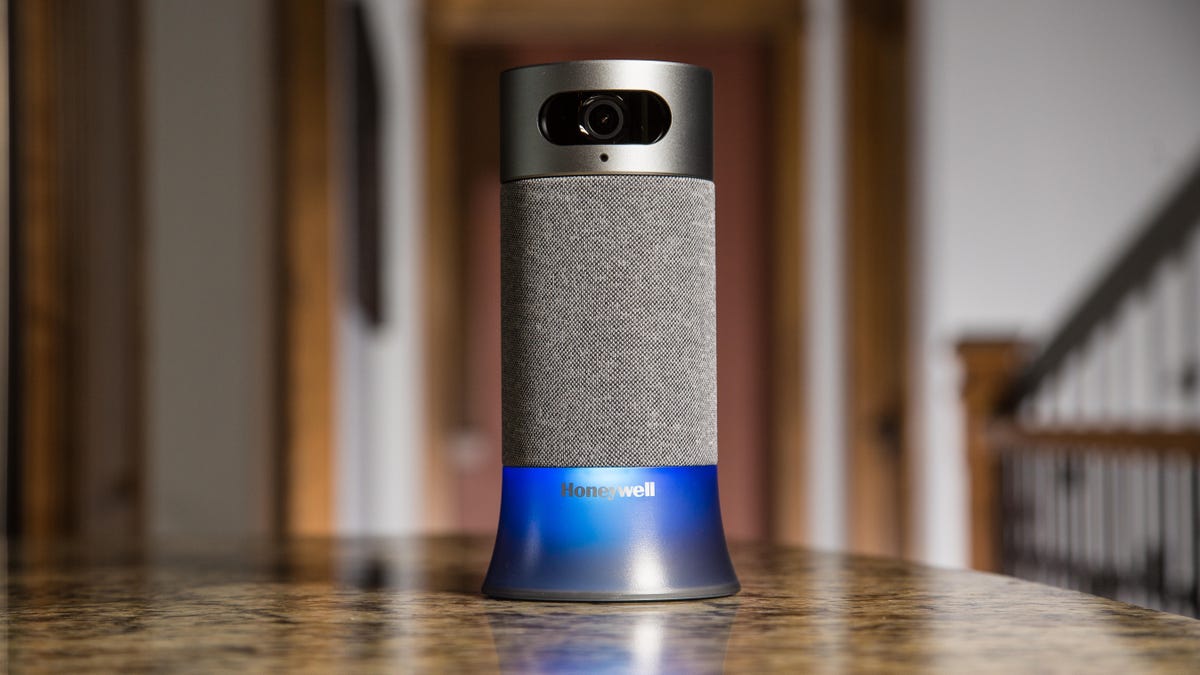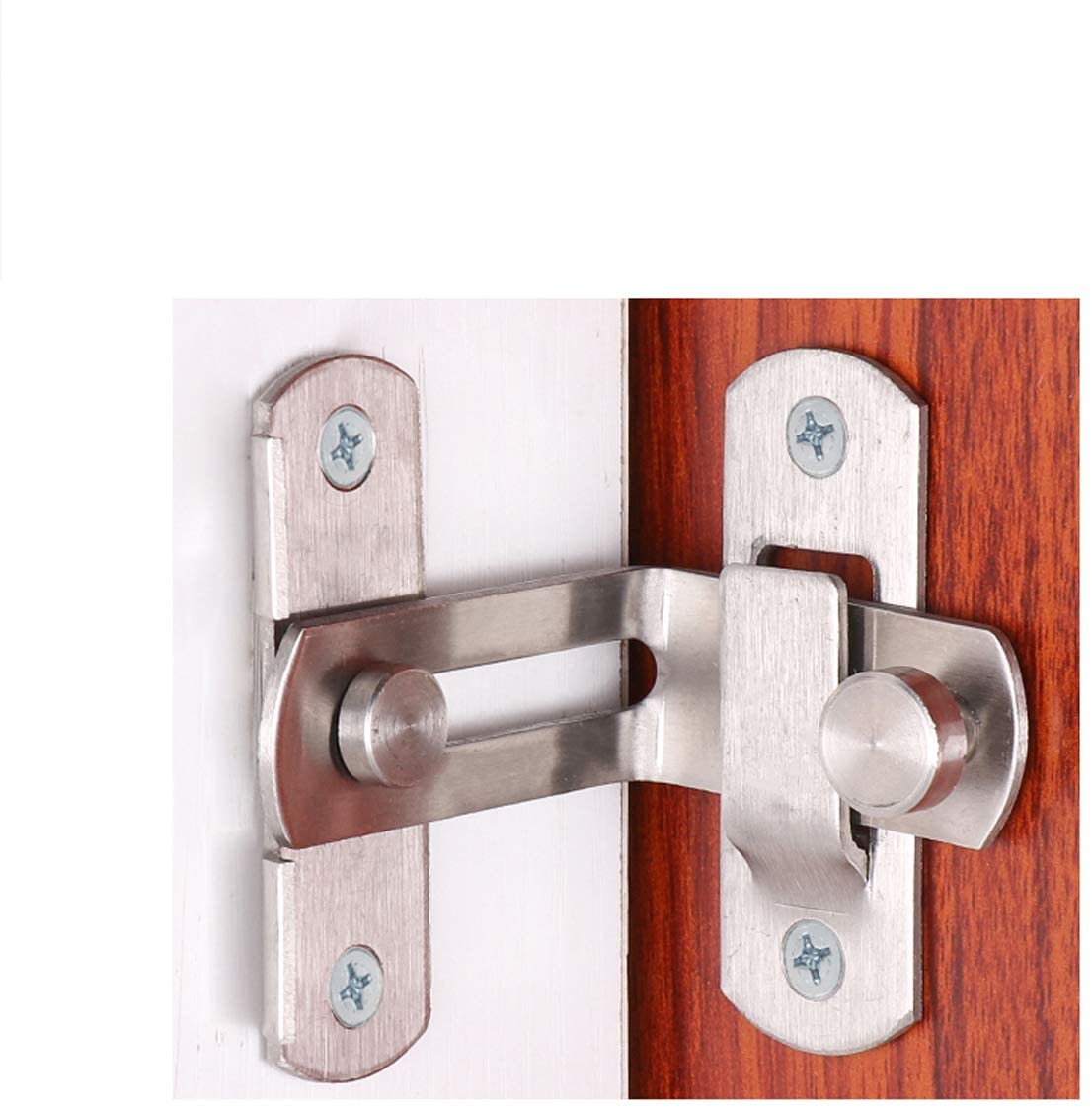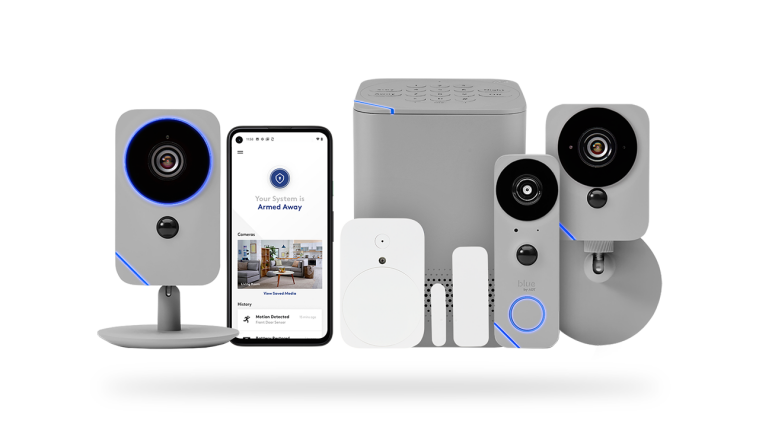
Cellular alarms systems are the best way to protect your home and your loved ones. Cellular security systems are a great option, whether you want to add or upgrade an existing alarm. They offer complete coverage, reliable service, and are very affordable. Cellular systems are also easy to integrate with all kinds of devices, including smartphones.
Cellular alarms are the best option for those living in areas with strong cellular networks. Cellular alarms will transmit and receive signals quickly and reliably. They might not work well in rural areas.
There are many things you should consider before purchasing a cellular safety system. It is important to choose a company willing to work with your needs, reliable, and who offers a warranty. Usually, a professional installation is the best way to protect your home. Professional installation not only gives you peace of heart, but also eliminates the hassle associated with DIY installations.

Cellular security systems aren't dependent on an Internet connection. They can be used in places where there is limited connectivity. Cellular security systems can monitor your home even if there's no power. Smartphones allow you to arm and disarm your alarm from far away.
Some cellular alarms feature an integrated mobile module. This small control panel allows the system communicate with a monitoring facility. The built-in module wirelessly transmits a signal to the monitoring center via cellular towers. Once the signal is received, the alarm will report to the central monitoring station.
Cellular security systems are less expensive than wired systems but they are also more reliable. With a cell alarm, you are protected from any potential issues such as power failures or intruders cutting your phone lines. An alarm that is not cellular is less secure. Your security system could be disrupted. Even if the intruder cut the phone line you will still get a notification.
While wired security systems were once reliable, they have become outdated. These systems are no longer desirable due to new technology. Likewise, landlines are susceptible to damage from extreme weather and theft. Intruders may also be able to cut lines outside your home. You need a reliable backup plan to ensure your security system is protected.

Cellular alarms have been relatively new to the marketplace. Cellular alarms offer many benefits over landline systems. Cellular alarms can be inexpensive. Monitoring landlines can be expensive at $15 to $40 per month. On the other hand, cellular alarms are more durable and offer stability and flexibility.
Cellular alarms can be easily integrated into all types of devices, too. Cellular security systems are able to be monitored via a smartphone, or a computer, which is a big advantage over wired alarms. You can also connect to a Wi Fi network at home. A base station can also be used to pair a mobile device with a cellular one. Wi-Fi security systems can make your home vulnerable to hackers and cause frustration with sensors.
FAQ
What is the highest-rated home security system rating?
ADT Pulse is the most widely used home security system.
Which one is better: home security camera or home security system?
Home security systems work better than home security cameras, as they can detect sounds and movements even when no one is in the area where the system is installed. Home security cameras are easier to mount on doors and windows than those of home security systems.
How do you choose between different home security systems types?
It is important to consider the threat level in your locality. An alarm that will sound when someone enters your residence might be a good idea if your area is plagued by crime. You may not need as much security if you live in rural areas with few burglaries.
It is also worth considering whether you are willing and able to pay more for certain features. Some systems have cameras built-in, others don't. Some allow you monitor your house remotely while others require you physically to view the footage.
Which home surveillance camera system is best?
If you want to protect your family from intruders, then you should consider buying a home security system with cameras. These systems can be used by both homeowners and renters easily and offer many benefits. These systems allow you to remotely monitor your property using your smartphone, tablet or computer.
What is the best security system to install?
How valuable your home and personal belongings are will dictate the type of security system you choose. You can go with a basic alarm system which is inexpensive but doesn't offer too much protection. You can choose to get a more powerful alarm system with better features such as remote monitoring, access control, and video surveillance.
Which home alarm system features are the best?
The Ring Video Doorbell Pro has the most features out of all thehome security systems we reviewed. It lets you see who's at your door, talk to them through your phone, and even record videos. It also includes a free cloud storage to store any recordings.
Statistics
- Cove sets you free without punishing penalties and fees, unlike other security solutions that charge 75% to 100% of your remaining contract. (safewise.com)
- Most home security companies will charge you around 75% of the remaining term of your contract if you cancel early—and some require 100%.Related questionsWhat type of contract length can I expect from security providers?Home security system cancellation (safewise.com)
- Most home security companies will charge you around 75% of the remaining term of your contract if you cancel early—and some require 100%.Related questionsWhat type of contract length can I expect from security providers?Home security system cancellation (safewise.com)
- Unlike other online safety services that charge up to 100 percent of your monthly fee, Cove charges no upfront fees and has no hidden costs.
External Links
How To
How to Install Outdoor Motion Lights
How to install outdoor motion lamps
The first step in the installation of outdoor motion light fixtures is choosing the right light fixture type. Next is to decide where you want the lighting fixtures to be located. Next, you will need to wire your system. The last step is to mount your lighting fixtures.
Outdoor motion lights are used for lighting pathways, driveways or walkways, as well as patios, steps and stairs. You can find them in many shapes, sizes, colors, and styles. Floodlights, spotlights and pendants are just a few examples. Track lights, track lights, recessed lighting, ceiling fans, wall sconces and chandeliers are also available.
Motion lights come in three basic types: hardwired, wireless, and battery-powered. Hardwired systems are wires that run directly from the power source to the fixtures. Wireless systems transmit signals via radio waves from one fixture to the next. For the operation of the fixtures, battery-powered systems use batteries.
Hardwired systems are typically installed by electricians. Hire an electrician to install these systems. It is worth looking for someone who is experienced in installing these kinds systems.
Wireless systems are usually easier to set up than hardwired. There's no need to run wires along walls or ceilings. But before you buy a wireless system you should first decide what type of wireless technology will work best for your needs. There are two types of wireless technology: radio frequency (RF) and infrared. IR systems require line sight between the receiver and transmitter. Because they bounce off objects like walls and furniture, RF systems permit some obstruction.
If you choose to buy a wireless system, you'll need to know what kind of controller you will use. Many outdoor motion lights have built-in controllers. However, if you would prefer to control the outdoor lights by yourself, you will need a wired remote or handheld remote. Wired remotes can be attached to fixtures by cables. Handheld remotes look just like flashlights. You can operate them by pressing buttons on their bodies.
Battery-powered systems are easy to install. Plugging them into an outlet is all that's required. Many models come with sensors that detect motion to stop the lights from being turned on when there isn't any. The lights automatically turn on when there is motion near the sensor.
Timers are available on most outdoor motion lights. These timers allow you to save energy by turning the lights on and off at night. The timers can be set to run for between 10 and 24 hours.
It's tempting to spend more on expensive outdoor motion lights. But unless you really need a specific feature, it's not worth spending extra money. A simple LED flashlight will suffice. It is very inexpensive and provides plenty of illumination.
The Best Home Security System. The home security industry has grown tremendously over the past few years. This growth is due to technological innovations and increased public awareness about crime prevention. As a result, homeowners today have a wide variety of options when selecting a home security system.